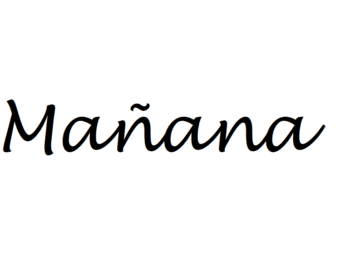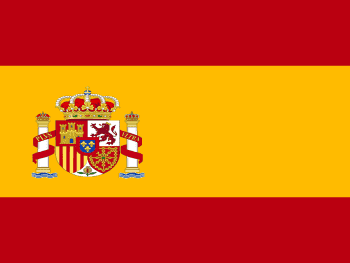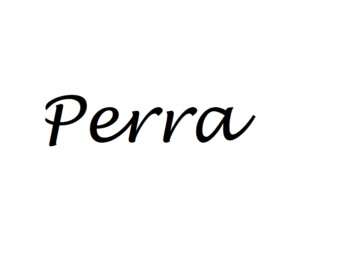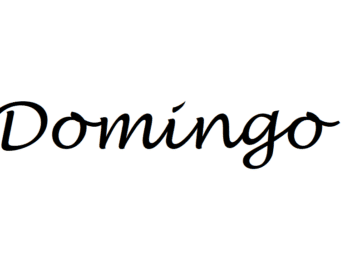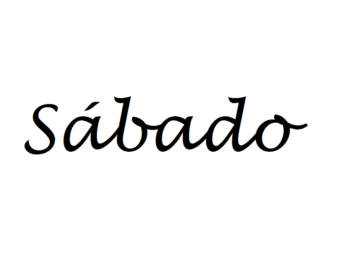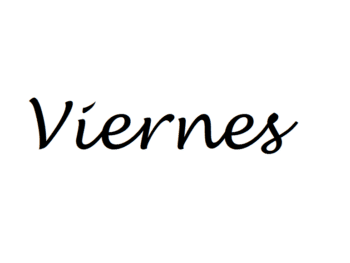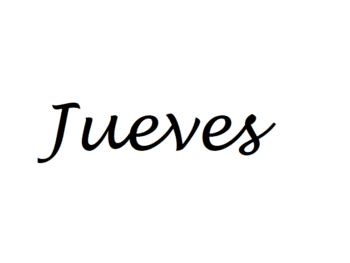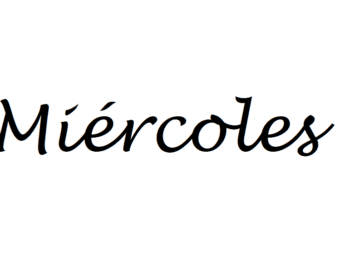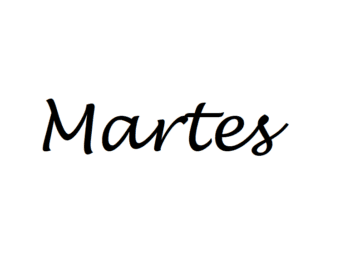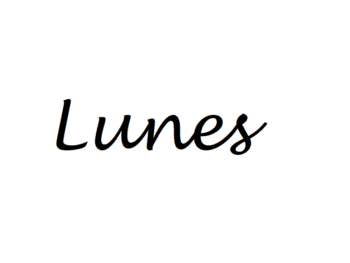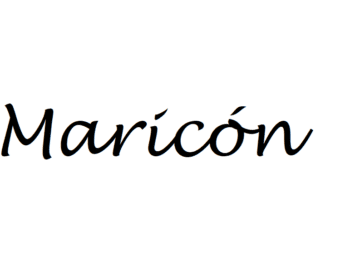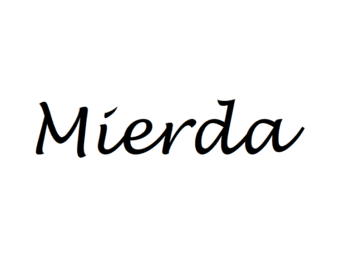mañana – It’s important to know the days of the week as well as more commonly used words like yesterday, today, and tomorrow. If you are traveling and need more information on flights, events, etc…you won’t understand what they are telling you unless you have a grasp on these phrases. You may even find yourself …
What Is Your Name in Spanish
How To Say What Is Your Name in Spanish ¿Cómo te llamas? – In Spanish learning classes, one of the first phrases you are taught is how to ask someone their name. As you travel you will likely meet new friends and people in which it is customary to ask their name. Once you greet …
Bitch In Spanish
Bitch is a word used to denote a female dog or an impolite, offensive term for a person. In Spanish, there are several ways to say “bitch.” Perra is one of the most common terms for “bitch” in Spanish. This literally translates to “a female dog” or can be used as an insult towards someone …
Sunday in Spanish
Sunday is a day that marks the end of the week and beginning of a new one. In Spanish, Sunday is referred to as Domingo. To say Sunday in Spanish, simply say “Domingo”. If you want to use it in a sentence, for example: “Today is Sunday” you would say “Hoy es Domingo”. If you …
Saturday in Spanish
Saturday in Spanish is “Sábado”. This word can be used to refer to the day of the week that comes after Friday and before Sunday. To say it in a sentence, you can use it as an adjective describing what day something happens. For example, “El concierto es el sábado por la noche” which means …
Friday in Spanish
Saying Friday in Spanish is easy! The most common way to say it is “viernes.” This word comes from the latin root “vigilia,” which means watch or vigil. You can also use other forms such as “fin de semana” (weekend) and “el dia de viernes” (Friday’s day). When you want to talk about a specific …
Thursday in Spanish
Saying Thursday in Spanish is quite simple. The most common way to say it is “jueves.” This word comes from the Latin root “dies Iovis,” which translates to English as “Jove’s Day.” Jove was another name for Jupiter, one of the main gods in Roman mythology. In some parts of Spain and Latin America, Thursday …
Wednesday in Spanish
Wednesday in Spanish is miércoles. To say Wednesday in Spanish, first start by saying “mié.” This is the beginning of the word miércoles and will help you remember how to pronounce it correctly. Next, add an “r” sound followed by a short “co” sound like the letter “c,” then finish with an elongated vowel sound …
Tuesday in Spanish
Saying “Tuesday” in Spanish is simple and straightforward. The word for Tuesday in Spanish is martes. This word can be used alone to refer to the day of the week, or it can be incorporated into a sentence like any other noun. For example, you could say El martes voy al cine (On Tuesday I’m …
Monday in Spanish
Learning how to say Monday in Spanish is easy! The word for Monday in Spanish is lunes. Pronounced “loo-nace”, this term can be used when referring to the day of the week or asking what day it is, as in “¿Qué día es hoy?” (What day is today?). When talking about a specific date that …
How Are You in Spanish
How To Say How Are You in Spanish Cómo estás – This is the most common way to say “how are you” in Spanish. Often said after a greeting such as hello, or good afternoon.
Gay In Spanish
Gay in Spanish is a term used to refer to someone who is homosexual. It can also mean happy or lighthearted and it has similar connotations as the English word “gay”. Here are some ways to say gay in Spanish: Different ways to say Gay in Spanish 1. Maricón – This term is considered offensive …
Fuck In Spanish
It can sometimes be useful to learn a few swear words in Spanish to get your point across. Most likely you won’t be using them when traveling and talking to locals, but if the moment presents itself, most people will get a kick out of you knowing how to cuss in their language. Fuck is …
How To Say Cheers in Spanish
Western countries have always been known for their traditions and heritage that date back hundreds of years. Some of the first known cheers and toasts came from Kings in Europe who used it to welcome people who came to their halls and help seal peace between countries. It was always a time for celebration and …

